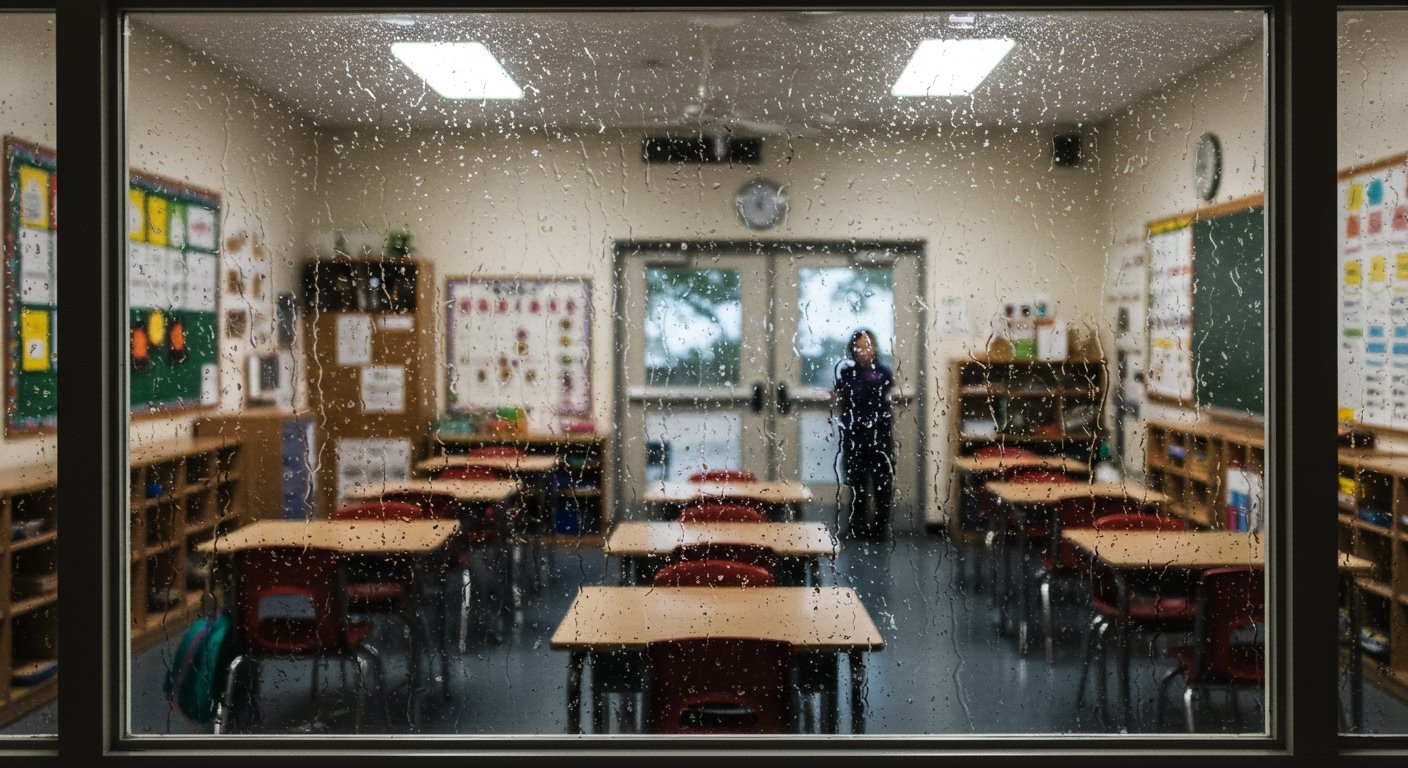International attention centered on several key diplomatic developments on June 28, 2025, as Iran’s top diplomat issued a public demand to the U.S. President, hope emerged for a resolution in the Gaza Strip conflict, and a long-standing regional dispute in Africa saw a significant step towards peace.
Iran Calls for US Tone Shift Amid Sanctions Impasse
In a pointed statement delivered via the social media platform X, Iranian Foreign Minister Abbas Araghchi directly addressed U.S. President Donald Trump, urging him to abandon what Araghchi described as a “disrespectful” tone towards Supreme Leader Ayatollah Ali Khamenei. The Iranian minister asserted that a shift in this rhetoric is a necessary prerequisite for any potential deal between the two nations, particularly in the context of stalled efforts to lift sanctions.
Araghchi’s remarks underscore the deep mistrust and challenging diplomatic environment that continues to characterize U.S.-Iran relations. His insistence that a change in the U.S. President’s public posture toward Iran’s highest authority is essential for progress highlights the symbolic and political barriers that remain, even as discussions or ‘sanctions relief work’ – implicitly referring to potential negotiations or technical steps related to sanctions – appear to have been recently halted by the U.S. side, according to the context provided. The statement suggests that beyond specific policy points, the very nature of the discourse between leaders is viewed by Iran as critical to unlocking any path towards de-escalation or agreement.
The timing of Araghchi’s comments, openly communicated on X, indicates a deliberate move to frame the terms of engagement publicly, potentially seeking to exert pressure on the U.S. administration or to manage expectations internally within Iran regarding the prospects of a breakthrough. The focus on President Trump’s tone directed at Supreme Leader Khamenei highlights the reverence for the clerical leadership within Iran and positions any perceived disrespect as a major impediment to diplomatic progress, signaling that personal or political sensitivities at the highest levels are intertwined with policy negotiations.
Optimism Expressed for Gaza Ceasefire
Across town in Washington, U.S. President Donald Trump offered a more optimistic outlook on another critical international flashpoint: the Gaza Strip. Speaking to reporters in the Oval Office, the President expressed his belief that a ceasefire in the conflict ravaging the territory was “close.” He further elaborated on his assessment, suggesting that an agreement could realistically be reached “within the next week.”
President Trump’s remarks come amidst ongoing international efforts and complex negotiations aimed at halting hostilities and securing the release of hostages. While the specific details or basis for his optimism were not fully elaborated upon in the immediate context, a statement from the U.S. President from the Oval Office carries significant weight and can influence perceptions among involved parties and the broader international community. The timeframe suggested – “within the next week” – provides a potential window for diplomatic activity and raises hopes that recent efforts are nearing a resolution. The situation in the Gaza Strip has been a major source of instability, and a ceasefire is widely seen as a crucial step towards addressing the dire humanitarian situation and paving the way for potential de-escalation and future political processes.
Historic Peace Agreement Signed Between Congo and Rwanda
In a separate, momentous development, the Democratic Republic of the Congo and Rwanda formally signed a peace agreement in Washington. This accord, brokered and mediated by the United States, represents a significant diplomatic achievement aimed at resolving the long-standing and often deadly conflict that has plagued eastern Congo.
The signing ceremony, attended by U.S. Secretary of State Marco Rubio, marked a pivotal moment after approximately 30 years of intermittent conflict and tension between the two neighboring countries. Eastern Congo has endured decades of violence involving numerous armed groups, with regional dynamics, including relations with Rwanda, frequently playing a central role in the instability. The U.S.-mediated agreement seeks to address the underlying issues driving the conflict, which has resulted in immense human suffering, displacement, and insecurity.
The presence of Secretary Rubio at the signing underscored the commitment of the U.S. administration to facilitating this peace process and highlights Washington’s role in bringing the parties together. While the full details of the agreement were not immediately available, its signing is a critical first step towards establishing a framework for lasting peace and stability in a region that has been synonymous with protracted conflict. Experts note that implementing the terms of the agreement and building trust between the two nations will be crucial challenges ahead, but the formal signing represents a hopeful turn after three decades of animosity and violence.








